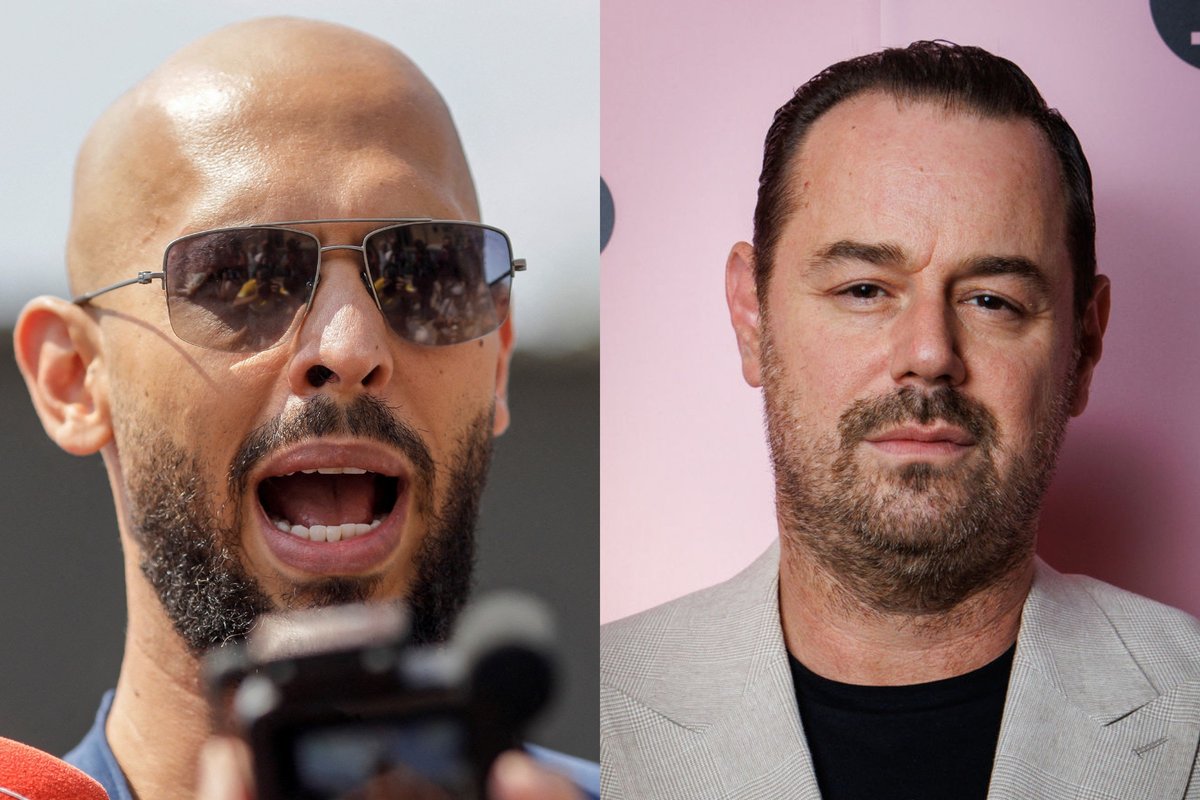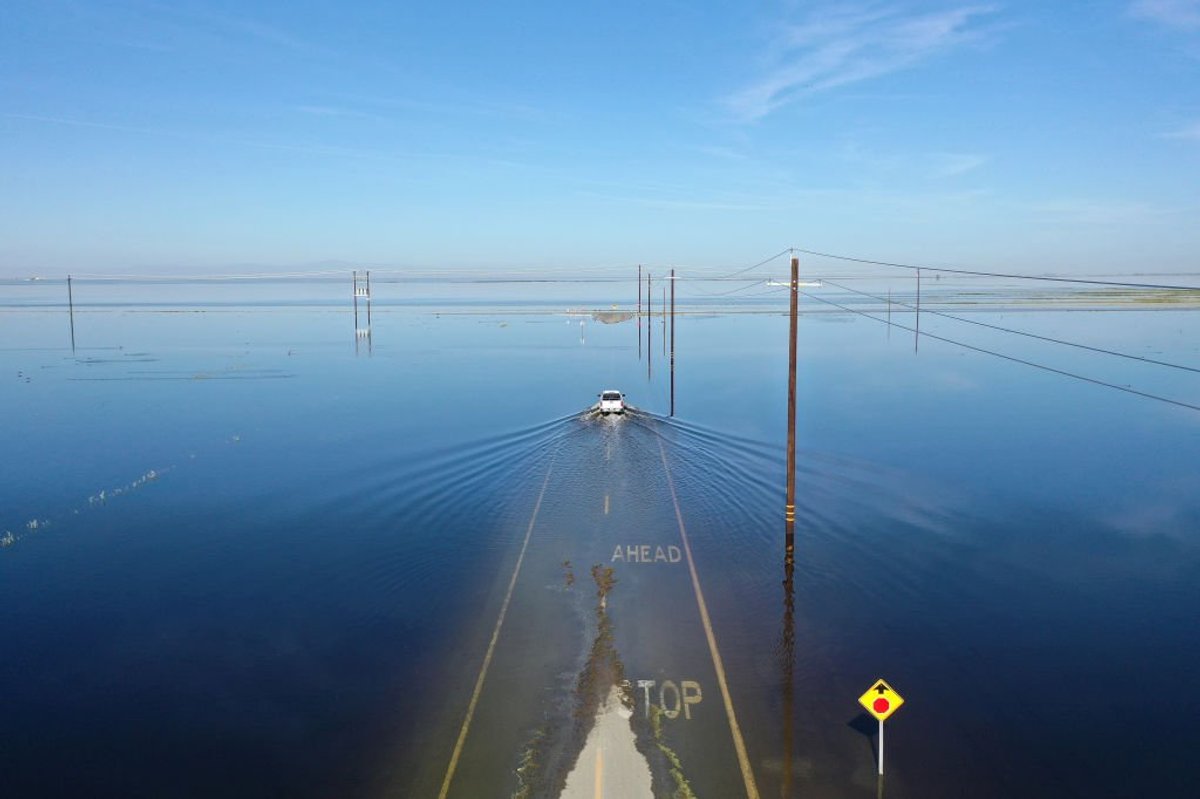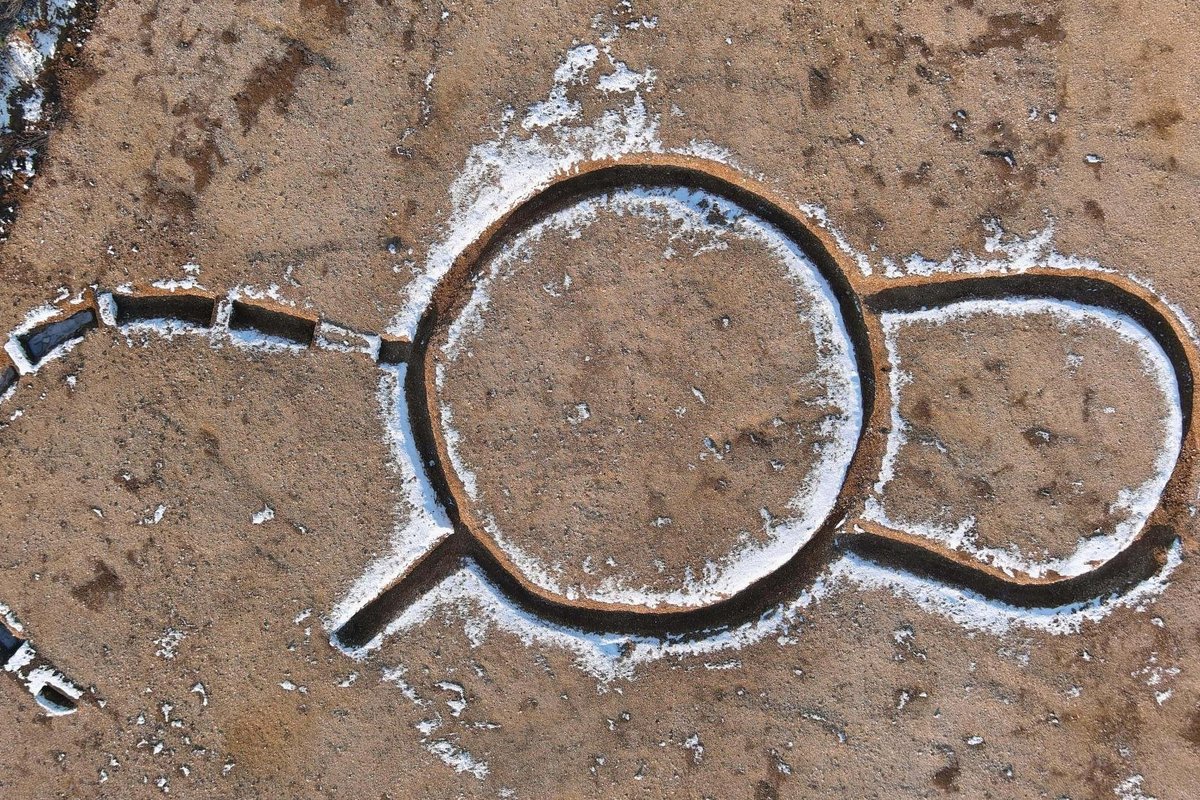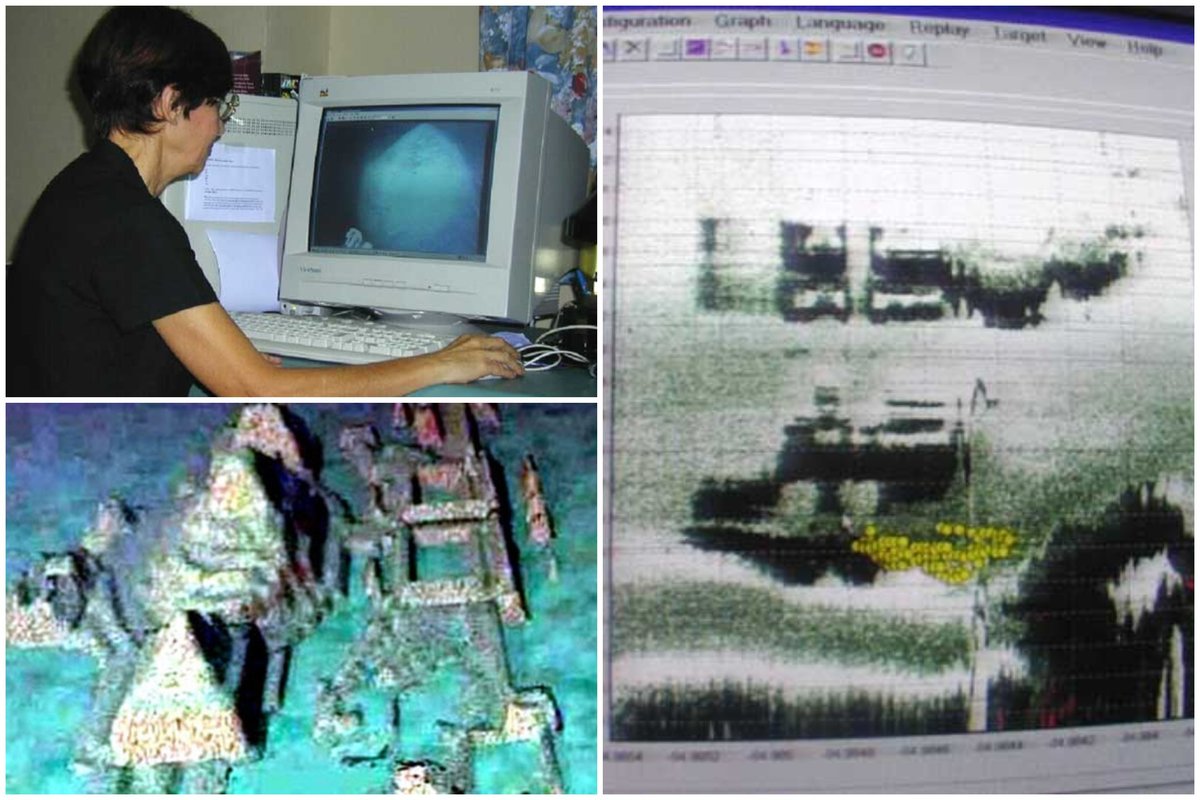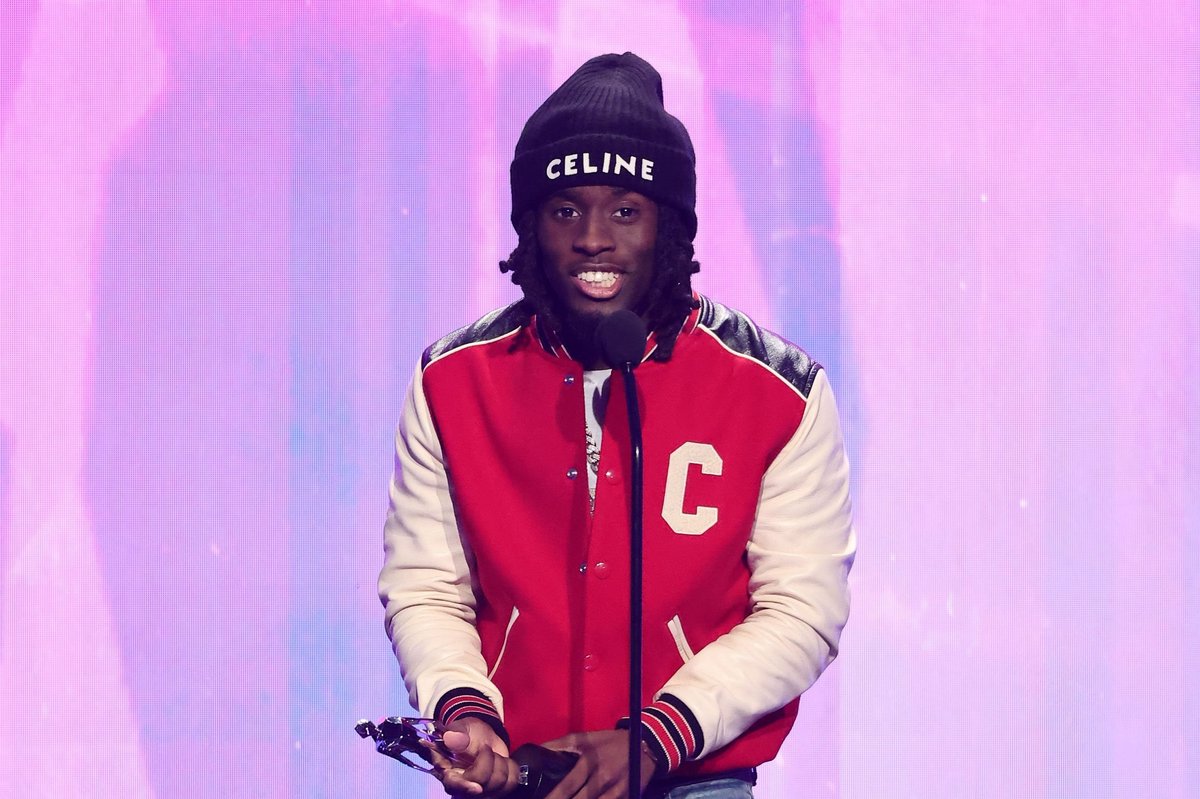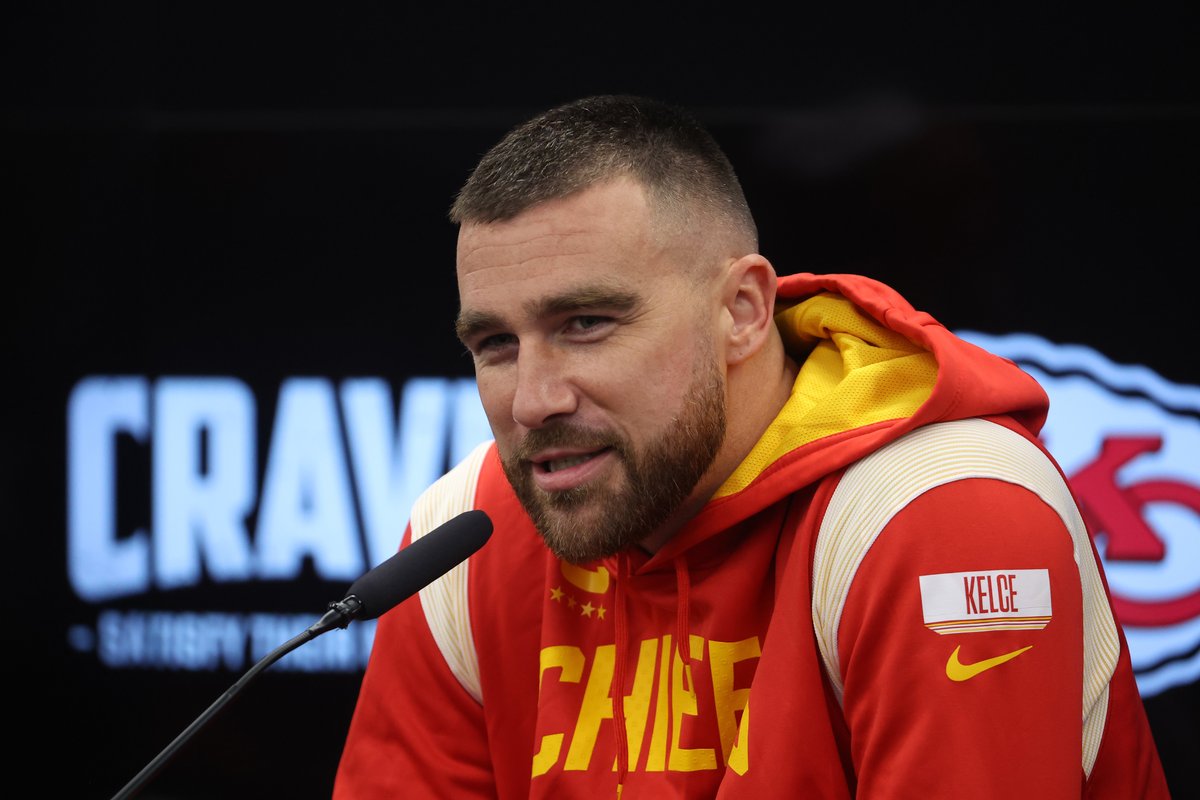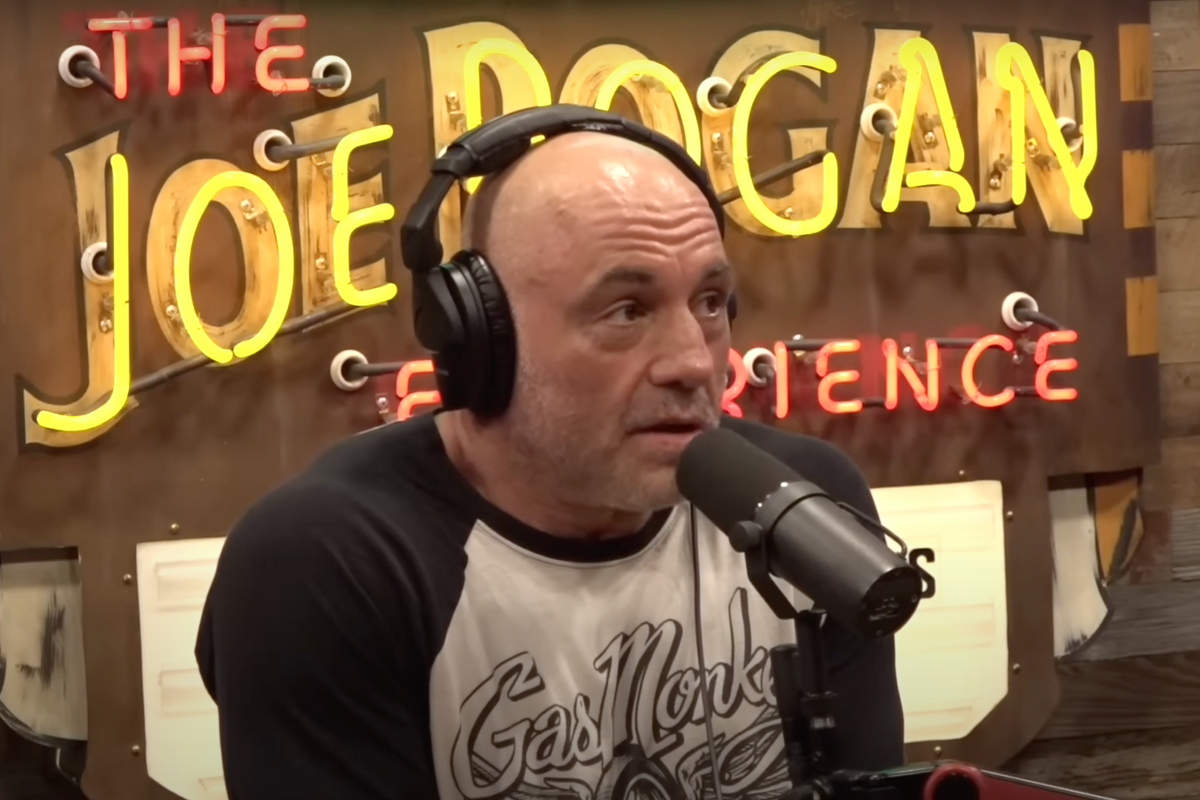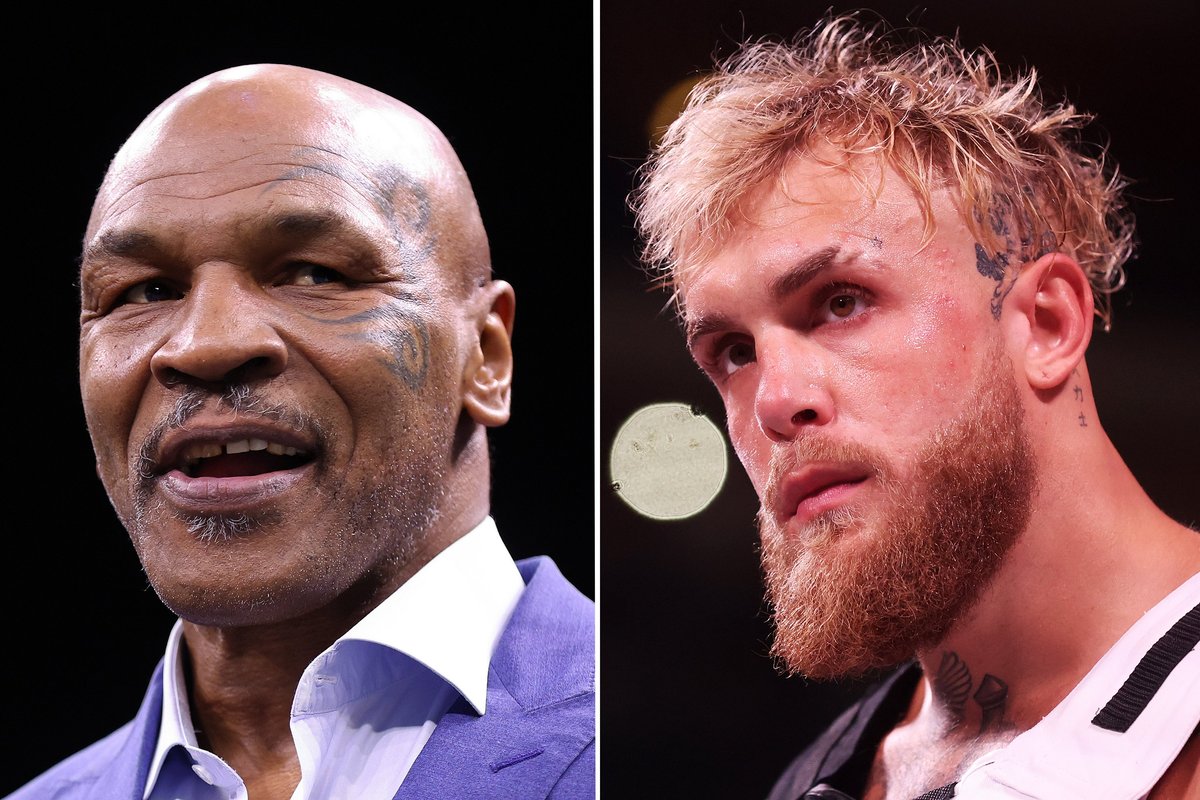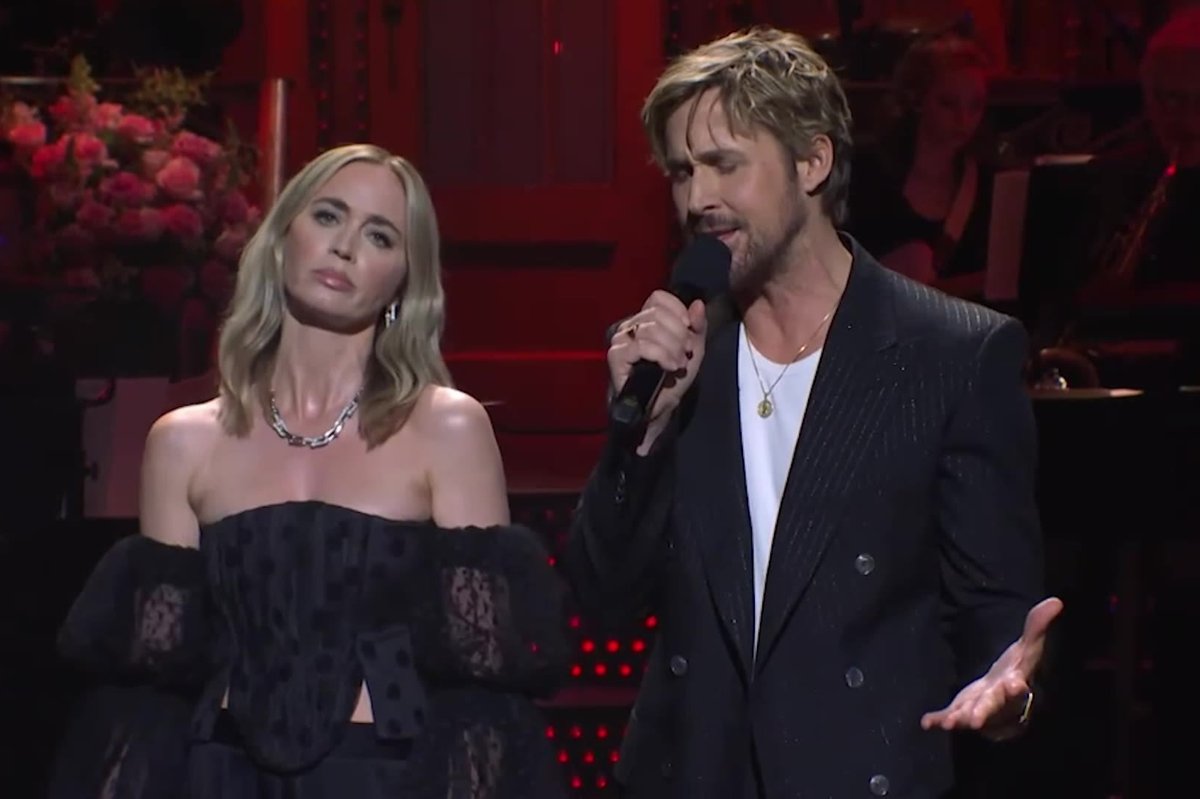Showbiz
Louis Staples
Apr 21, 2020
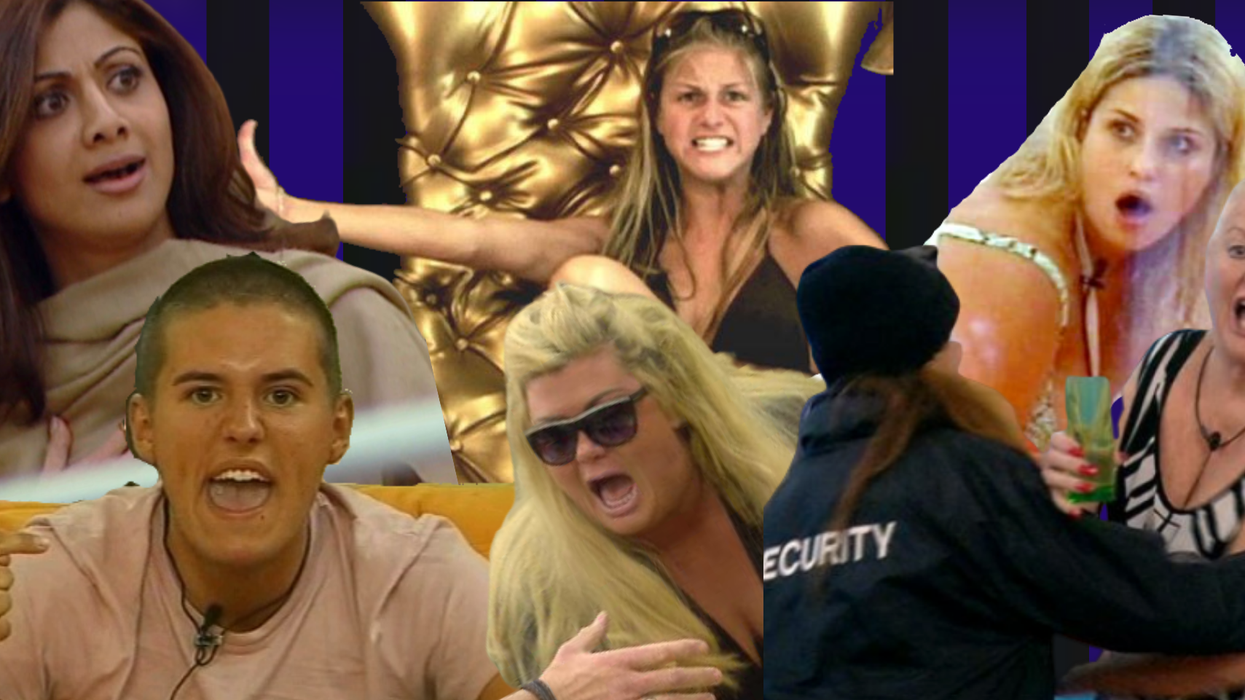
Channel 4 / Channel 5 / Big Brother
A few days ago I had an epiphany mid-way through a full-blown argument with my boyfriend over what constitutes a hot dog (is it defined by the sausage? Or the bun that the sausage is served in?).
At this fairly embarrassing moment I felt very thankful that I wasn’t on television, because as a reality TV obsessive this is exactly the sort of ridiculous scene I’d normally love to watch.
Growing up, I spent more time watching TV than I did reading books (sorry mum and dad, you tried your best!) And there’s one show that reminds me of my teenage summers more than any other: Big Brother.
Long before Love Island, The Circle andLove at First Sightcame along, the Orwellian Channel 4 reality show was as controversial and ridiculous as it got. Each week Davina McCall (forever cloaked in black) would “evict” someone who’d been voted out by the public after signing up to be filmed in a house with no contact with the outside world.
In the years before booze and boys, the Friday night evictions were a somewhat bloodthirsty ritual that my friends and I would often gather to watch together. There was booing, there was cheering and there was chanting. There were clear victors and villains. Strangely, there was a warped sense of justice weaved throughout all the drama.
With coronavirus lockdown keeping all of us inside for days on end, my mind has often drifted back to the teenage summers I spent glued to the cameras of the Elstree compound. Being trapped inside my house has made me feel oddly close to some of the people I grew watching trade their dignity and freedom for 15 minutes of fame and a shot at the coveted OK! Magazine cover.
The biggest breakout stars from Big Brother, like Jade Goody, Chantelle Houghton and Nikki Grahame, were almost like the influencers before influencers. Their unlikely fame probably tells us more about British culture at that time than celebrities who took a more obvious route to stardom like music or acting: to achieve the ultimate goal of being “famous for being famous”, these people had to survive a contest that was absolutely brutal. Each week as people were evicted, they’d usually say some variation of “You have no idea what it’s like in there! It messes with your head!” They were right: most of us watching didn’t have a clue.
Yet this didn’t stop contestants often being held to the same standards as regular people for their behaviour inside the house, even when it was erratic and shocking. Some were removed for making threats, others were removed for having “breakdowns” or saying racist words, but the show always went on.
“Aftercare” – the process of reality TV participants being offered support by shows after their appearance is over – wasn’t a concept that most viewers were aware of and it was rarely discussed. This was despite the fact that it was common for housemates to receive death threats or be violently attacked upon leaving. Contestants harmed themselves in the days after being evicted and some attempted suicide months later when their brief moment in the spotlight was fading.
Looking back at it, I have felt pangs of guilt that I watched a show like this. Particularly now that conversations about the welfare of reality contestants are part of the “mainstream discourse”. I was certainly too quick to judge the people I was watching. My friends and I used to be fairly brutal during our daily debriefs where we dissected the previous night’s show, and I definitely remember buying those magazines that traded on portraying contestants (particularly young women) on a downward spiral.
The contestants confined in theBig Brother house did do things which seemed ridiculous. Some had sex in hot tubs, masturbated with wine bottles and had furious arguments about stock cubes and whether oven chips were cooked or not. Yet many also found that the confines of this artificial world made them boring, lazy and negative. “How could they act this way?!” I’d ask from my sofa, not realising that part of the show’s appeal was that it allowed people like me to feel superior to people we didn’t know (and it turns out this is quite an addictive feeling).
But now lots of us are experiencing – for the first time – what it’s like to be trapped inside the house for weeks on end. I’m noticing that confinement is having a big effect on my behaviour: I can be short-tempered, irritable and, worst of all… quite dull. These are not words I’d normally use to describe myself.
It may seem narcissistic to compare coronavirus quarantine to being onBig Brother. But In these “strange times”, it does often feel like we’re living in our own reality TV show (or at the very least an episode of Black Mirror).
This feeling peaked for me when watching the clips of contestants on Big Brother Canada and Germany finding out about the virus having been entirely oblivious, before both shows ended abruptly. Perhaps, I thought, they’d rather have stayed inside?
Reality TV has moved on since the early days of Big Brother UK. It certainly feels much more structured and “managed” these days. Yet there’s still a question mark hovering over whether people actually want reality TV to be more responsible, or whether we just want it to look like we do.
After all, Netflix’sLove Is Blind–a show which doesn’t feel much better than Love Islandfrom a contestant welfare standpoint – became hugely popular less than a month after Caroline Flack’s death. The streaming platform’snewest dating show Too Hot to Handle, which films single people on an island who are banned from having any sexual contact, suggests that an appetite for ever more ridiculous confinement-centred formats persists.
But now that my life is so vastly different, I can feel my attitude towards reality TV shifting too. It’s one thing to think I know how a person’s behaviour might change if they’re plunged into unfamiliar surroundings, and it’s another to have my own life upended. I’m now experiencing first-hand what a radical change of circumstances can do to the mind: how small issues are distorted until they feel like immovable obstacles, how draining it can be seeing and doing the same things all day every day.
I know I’m not alone, either: I’ve had more conversations with distressed friends in the last two months than in the previous two years. And just this week a study warned that lockdown could have a “devastating” impact on mental health.
Reality TV shows are often sold on the basis that they’re a social experiment: Big Brothersought to bring 1984 to life, Love is Blind set out to prove whether physical attraction matters more than emotional connection, and The Circleexplores whether anyone can truly be a different person online.
Psychology professor Dr Elke Van Hoof of Vrije University in Brussels described lockdown as “the world's biggest psychological experiment”. As I found myself furiously googling “what makes a hot dog” and “definition of hotdog” in order to get one over on my boyfriend, I realised that she’s right.
Part of this experiment will be finding out whether the rush of newfound empathy I’m feeling will last. I’m not saying I’m going to stop watching reality TV altogether, but I do hope I’ll be less harsh on the people I watch and steer clear of shows which rely too heavily on controversy and conflict. In general, I hope I can keep thinking about how other people might be feeling before leaping to judgement on their behaviour, even though that’s easier said than done.
Over the course of this pandemic, I’ve felt flickers of hope that we might start to treat people differently. But these optimistic moments scare me a little bit, because I’m not sure a more compassionate society will emerge from this, or that I’ll be a much better person – and don’t want to be let down by reality.
Top 100
The Conversation (0)
x


